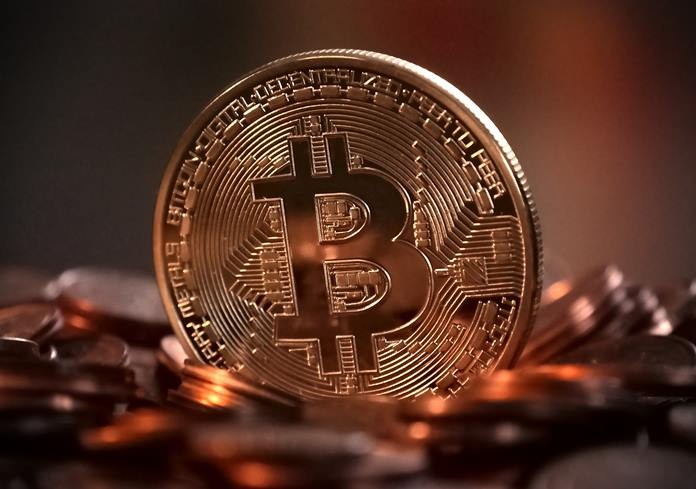
Thailand is dipping its toes into the crypto waters after many months of hesitation. The Thailand Securities and Exchange Commission (SEC) has acknowledged that 4 specific cryptocurrencies are sound enough for use by domestic fiat brokers and exchanges, though cryptocurrencies still can’t be used within Thailand for payments and debt settlement.
The coins which have passed muster are Bitcoin, Ethereum, Ripple and Stellar Lumens. This is a somewhat diminished approval list from the one released in June 2018, which also included Bitcoin Cash, Ethereum Classic and Litecoin. In removing these three altcoins, the Thai SEC wished to select only those cryptocurrencies which demonstrated excellent liquidity, an impressively decentralised network, and the ability to be used in trading pairs against all other significant crypto assets.
Thai investors interested in digital coins will soon be able to buy cryptocurrency with fiat currency, when the first domestic crypto brokers or exchanges go into operation. Thailand has been very slow to license crypto exchanges of any kind. The only broker so far approved is Coins Th Co. Ltd. Three domestic cryptocurrency exchanges have also been approved: Bitcoin Exchange Co. Ltd. (Bx), Bitkub Online Co. Ltd. (Bitkub), and Satang Corporation (Satang Pro).

4 Solid Cryptocurrencies
So why has Thailand been so slow to formally adopt crypto-friendly regulations?
Thailand has watched as other nations that permitted domestic crypto trading earlier worked out the kinks. For example, mainline crypto brokers have emerged from the United States in recent years, and these have been the ones to iron out industry best practices. With much of these now well established through trial and error, Thai exchanges may have a better chance at smooth launches.
Furthermore, permissive ICO regulations saw lots of blockchain innovation occur in the US and other major markets. Thailand has yet to allow any ICOs or ICO investment. And while Thailand may have missed out on the first wave of blockchain innovation consequently, they now allow it to tentatively progress in a much more controlled environment than in many other nations.
Other question: why did Thailand choose only 4 cryptocurrencies? Bitcoin, Ethereum, Ripple and Stellar Lumens are certainly the best-known of digital currencies. Here is what each one brings to the table:
- Bitcoin – The world’s most valuable and widely traded cryptocurrency, Bitcoin is fully decentralised. No single entity or government can restrict the exchange of operation of Bitcoin. This makes it the obvious choice for inclusion in Thailand’s new regulations.
- Ethereum – The world’s leading smart contract blockchain, Ethereum’s ETH is the most popular utility token on the market. Ethereum is highly decentralised, and has numerous partnerships with international organisations who use their dApps (decentralised applications).
- Ripple – Ripple is a new payment standard for international transactions, used by the likes of PNC Bank, the Royal Bank of Canada, and many other multinationals.
- Stellar Lumens – Stellar has many of the tech advantages of Ripple, but is public-facing rather than corporate-facing. Fast, affordable, and technologically innovative, Stellar’s international finance focus makes it well suited for trade in Thailand.
Thailand has proven that it’s possible to enter the world of cryptocurrency without being overly permissive or overly cautious. If all goes well with these first trading pairs, we can expect Thailand to allow more blockchain token trading activity to occur within its borders. These permissions could influence Thailand’s regional neighbours, like Japan, in ways that could be felt across the international crypto trading community.
 |
 |
 |





